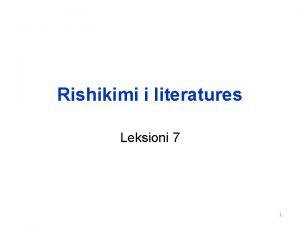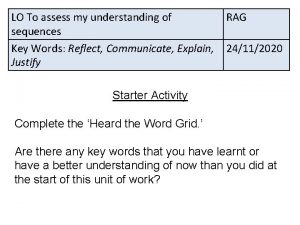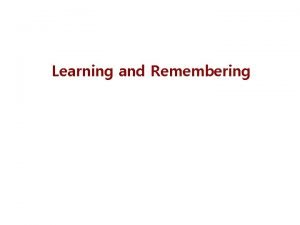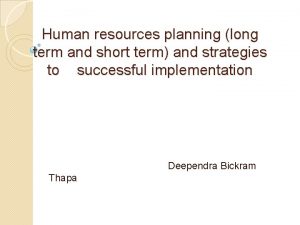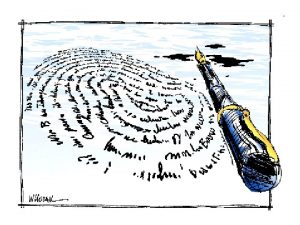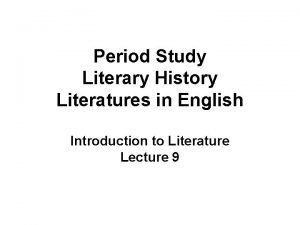New Literatures in English Introduction to Term 2






- Slides: 6

New Literatures in English Introduction to Term 2 Dr Jenny Mak


Kwame Nkrumah (Ghana, March 1957) At long last the battle has ended! And thus Ghana, your beloved, country, is free for ever. And here again, I want to take the opportunity to thank the chiefs and people of this country, the youth, the farmers, the women, who have so nobly fought and won this battle. Also I want to thank the valiant exservicemen who have so co-operated with me in this mighty task of freeing our country from foreign rule and imperialism! …. [F]rom now on we are no more a colonial but a free and independent people! … We are not waiting; we shall no more go back to sleep. Today, from now on, there is a new African in the world and that new African is ready to fight his own battle and show that after all the black man is capable of managing his own affairs. We are going to demonstrate to the world, to the other nations, young as we are, that we are prepared to lay our own foundation. ’

J. F. Ade Ajayi, ‘Expectations of Independence’, Daedalus (Spring 1982), p. 6 The most fundamental aspect of post-independence Africa has been the elusiveness of development … In many ways the quality of life … is even worse than on the eve of independence. In particular, many African countries now find it difficult to provide for their populations sufficient food and energy resources for the basic necessities of life. Most of the new states have yet to evolve stable political structures … the uneven development between different regions of the same country and between cities and rural areas of the same region persists. The inequities of income distribution that characterised colonial rule have tended to widen… As a result, there have been civil unrest and civil war, and there is generally less security for life and property.

Emmanuel Nagara, Art and Ideology in the African Novel: A Study of the Influence of Marxism on African Writing (London: Heinemann Educational Books, 1985), p. 36. [t]he question … was not just ‘independence’ but ‘what form of independence’? This was the question posed by those countries which gained their freedom through protracted armed struggles in the seventies and eighties—Mozambique, Angola, Guinea-Bissau and Zimbabwe. When they acquired their freedom, these countries had a different concept of independence from the countries which had acceded to sovereignty in the previous two decades. Their long struggle for independence, and the experience of independent African countries now under the grip of neo-colonialism taught them to look at national independence from a radical ideological point of view, and they consequently chose the socialist path to development.

Ngugi wa Thiong’o, response to Wole Soyinka’s The Writer in a Modern African State’, in Wastberg, The Writer in Modern Africa, p. 25 When we, the black intellectuals, the black bourgeoisie, got the power, we never tried to bring about those policies which would be in harmony with the needs of the peasants and workers. I think that it is time that the African writers also started to talk in the terms of these workers and peasants.

